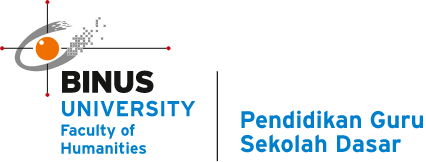Creating A Better World through Education
Imagine a worldwide community of schools, educators, and students with a shared mission to empower young people with the values, knowledge, and skills to create a better and more peaceful world. This is the International Baccalaureate (IB). IB programmes aim to provide an education that enables students to make sense of the complexities of the world around them, as well as equipping them with the skills and dispositions needed for taking responsible action for the future. They provide an education that crosses disciplinary, cultural, national, and geographical boundaries, and that champions critical engagement, stimulating ideas and meaningful relationships. The first IB programme, the Diploma Programme (DP), was established in 1968. It sought to provide a challenging yet balanced education that would facilitate geographical mobility by providing an internationally recognized university-entrance qualification, but that would also serve the deeper purpose of promoting intercultural understanding and respect. With the introduction of the Middle Years Programme (MYP) in 1994 and the Primary Years Programme (PYP) in 1997, the IB identified a continuum of international education for students aged 3 to 19.
The introduction of the Career-related Programme (CP) in 2012 enriched this continuum by providing a choice of international education pathways for 16- to 19-year-old students. These four IB programmes can be implemented independently or in combination. They are all underpinned by shared values and a shared emphasis on developing students who are lifelong learners and who are able to not only make sense of, but to make a positive impact on, our complex and interconnected world. These aspirations are summed up in the IB’s ambitious mission. The International Baccalaureate aims to develop inquiring, knowledgeable, and caring young people who help to create a better and more peaceful world through intercultural understanding and respect. To this end the organization works with schools, governments, and international organizations to develop challenging programmes of international education and rigorous assessment. These programmes encourage students across the world to become active, compassionate, and lifelong learners who understand that other people, with their differences, can also be right. Written primarily for educators, What is an IB education? provides an overview and explanation of our educational philosophy. It explains how our mission and philosophy shape and drive our programmes. (source: www.ibo.org)


